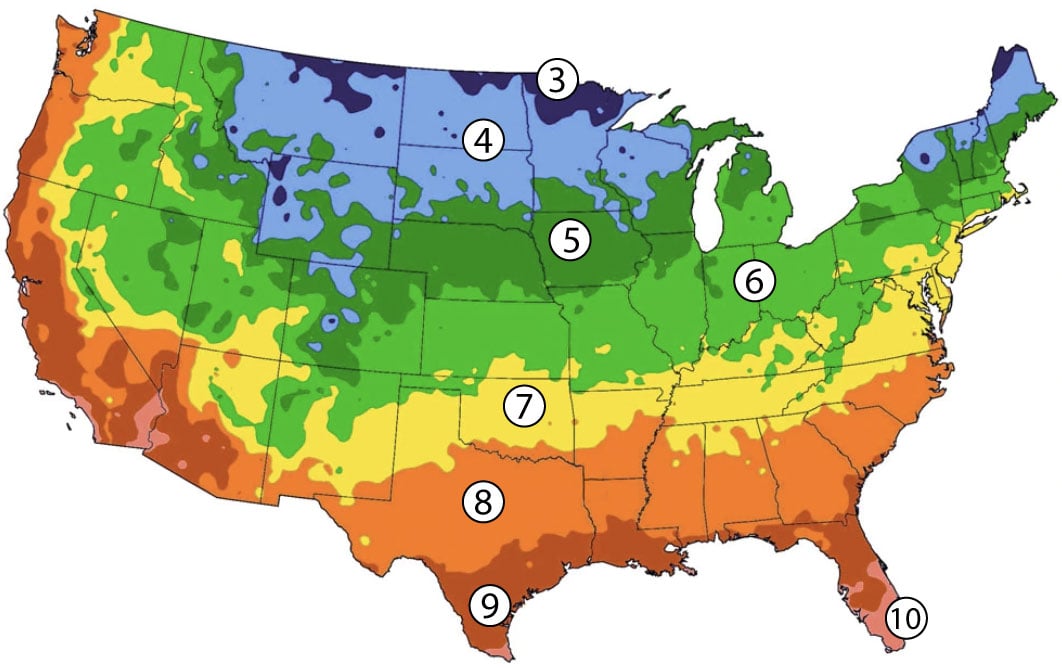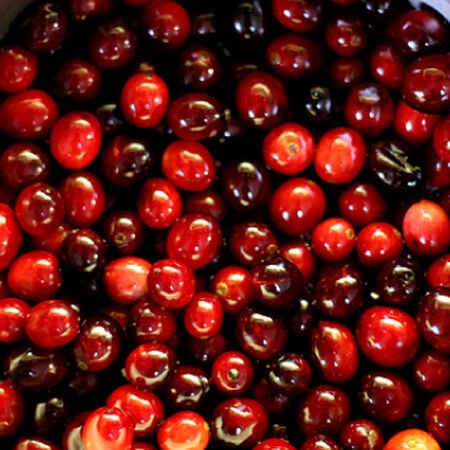Ben Lear, Cranberry Plant
Out of Stock
Key Attributes
Key Attributes
Product Details
Weight
1Depth
10Height
3Width
3Plant Height
6-12"Botanical Name
Vaccinium MacrocarponSow Depth
6"Breed
Open-pollinatedSun
Full SunRoot Age
1 Year PlantLife Cycle
PerennialCategories
FruitDays To Maturity (# Days)
365Components
Growing Instructions
![]() Learning Download: How to Grow Cranberries
Learning Download: How to Grow Cranberries
Cranberries are an easy-to-grow fruit packed with vitamins and antioxidants. Cranberries grow on low, perennial wooden vines that produce runners ranging in 1 to 6 feet long. Leaves will be glossy and green during the growth season, but they will turn red-brown during the harvesting season.
Before Planting: Since cranberries need cold weather to trigger their dormant phase, they need to be grown in areas that reach 32 to 45 degrees for three months at a time.
Planting: Cranberries should be planted outside after the last major frost in the spring. Wet the bed, and then plant the seedlings. Space 1-year cuttings a foot apart, but older seedlings should be spaced 3 feet apart.
Watering: Constantly water the cranberry bed in its first year of growth.
Fertilizer: After planting, fertilize the seedlings every three weeks with a slow-release fertilizer. Follow this fertilization with a well-balanced liquid fertilizer.
Days to Maturity: Cranberry plants will begin to produce fruit once they reach 3 years of age. Cranberries should be harvested before the first frost in the fall. (See variety for days to maturity)
Harvesting: To harvest, pick the berries by hand. They are ripe when their color is a deep red. The seed inside the berry should be brown.
Tips: Weed the bed by hand, as cranberries don’t compete well against unwanted weeds. However, the peat moss will help deter common weeds.
Shipping Schedule
Cranberry plants will ship at the appropriate time for your planting zone. The chart below estimates when your cranberry plants will arrive. You will receive an email notifying you when your strawberry roots ship giving you a few days to prepare for planting.
This item’s size, weight, or shape may require an additional shipping surcharge based on the shipping location selected. Specific charges will be displayed during checkout. We are unable to take specific shipping dates at this time.
*This product is perishable and does not ship outside the United States.
|
 |
Our Seed Promise
 "Agriculture and seeds" provide the basis upon which our lives depend. We must protect this foundation as a safe and genetically stable source for future generations. For the benefit of all farmers, gardeners and consumers who want an alternative, we pledge that we do not knowingly buy or sell genetically engineered seeds or plants.
"Agriculture and seeds" provide the basis upon which our lives depend. We must protect this foundation as a safe and genetically stable source for future generations. For the benefit of all farmers, gardeners and consumers who want an alternative, we pledge that we do not knowingly buy or sell genetically engineered seeds or plants.
The mechanical transfer of genetic material outside of natural reproductive methods and between genera, families or kingdoms, poses great biological risks as well as economic, political, and cultural threats. We feel that genetically engineered varieties have been insufficiently tested prior to public release. More research and testing is necessary to further assess the potential risks of genetically engineered seeds. Further, we wish to support agricultural progress that leads to healthier soils, to genetically diverse agricultural ecosystems, and ultimately to healthy people and communities.
To learn more about the "Safe Seed Pledge" please visit www.councilforresponsiblegenetics.org.

